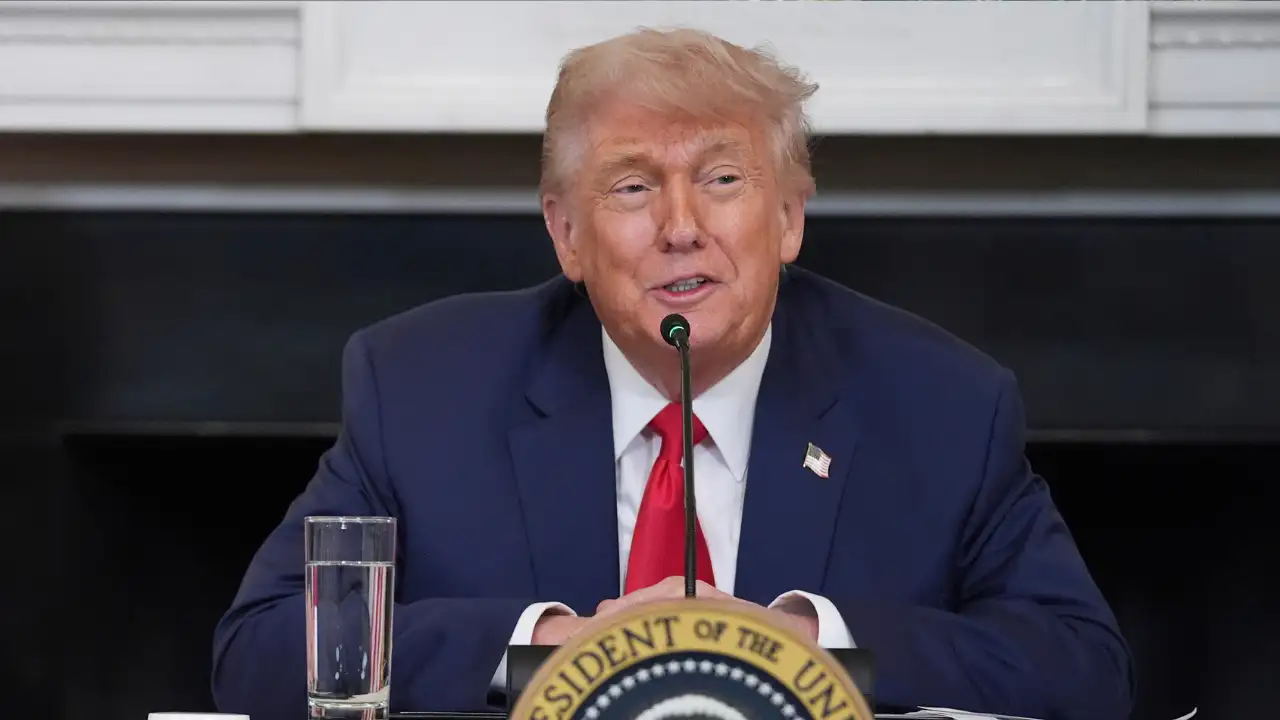By Martin Shwenk Leade
Copyright indiatimes

Getty Images
India is fast becoming the market of choice for multinational corporations looking to realign trade and manufacturing strategies, according to Standard Chartered’s latest report, Future of Trade: Resilience. The report highlights a clear shift in global corporate priorities, with emerging technologies and economic growth taking centre stage alongside traditional considerations like tariffs.The survey, which gathered insights from 1,200 C-suite and senior leaders across 17 key markets and four industries, found that nearly half of respondents are planning to ramp up or maintain trade activities with India. Similarly, two in five companies intend to expand or continue their manufacturing presence in the country. In particular, over 60 per cent of corporates from the US, the UK, Mainland China, and Hong Kong are looking to increase trade with India.Top six markets of interest for global corporates: MarketSourcingManufacturingExportIndia47%41%48%Malaysia35%31%37%Mainland China31%26%33%Indonesia23%20%23%UAE18%18%21%United States16%9%19%Live EventsGlobally, the report shows that while trade tariffs remain a top concern, emerging technologies and overall economic growth are increasingly shaping corporate strategy. About 53 per cent of respondents cited these factors as key drivers influencing the future of global trade.Geopolitics has also played its part. The US recently slapped a 50% tariff on Indian exports, which included a 25% penalty linked to New Delhi’s continued imports of Russian oil. Such measures highlight the growing friction in global trade, even as businesses seek new ways to adapt.Sunil Kaushal, Global Co-head, Corporate & Investment Banking and CEO, ASEAN and South Asia, Standard Chartered, said: “We are seeing strong demand from clients to evolve their global trade and supply chain ecosystems and accelerate the adoption of smart manufacturing and AI to drive efficiencies and offset rising costs.”“Although trade fragmentation is likely to hinder global growth in the short term, rising prosperity in developing economies and emerging technology mean that the picture, while complex, is still compelling.”Corporate leaders see Asia continuing to drive global trade growth over the next three to five years, with the Middle East gaining prominence and the US remaining a major player. The report also identifies specific corridors where trade and manufacturing activities are expected to rise.Add as a Reliable and Trusted News Source Add Now!
(You can now subscribe to our Economic Times WhatsApp channel)
Read More News onindia trademultinational corporations indiaglobal supply chainsmart manufacturingai in manufacturingemerging markets tradeeconomic growth indiatrade tariffs impactasia trade growth
(Catch all the Business News, Breaking News, Budget 2025 Events and Latest News Updates on The Economic Times.) Subscribe to The Economic Times Prime and read the ET ePaper online….moreless
(You can now subscribe to our Economic Times WhatsApp channel)Read More News onindia trademultinational corporations indiaglobal supply chainsmart manufacturingai in manufacturingemerging markets tradeeconomic growth indiatrade tariffs impactasia trade growth(Catch all the Business News, Breaking News, Budget 2025 Events and Latest News Updates on The Economic Times.) Subscribe to The Economic Times Prime and read the ET ePaper online….moreless



